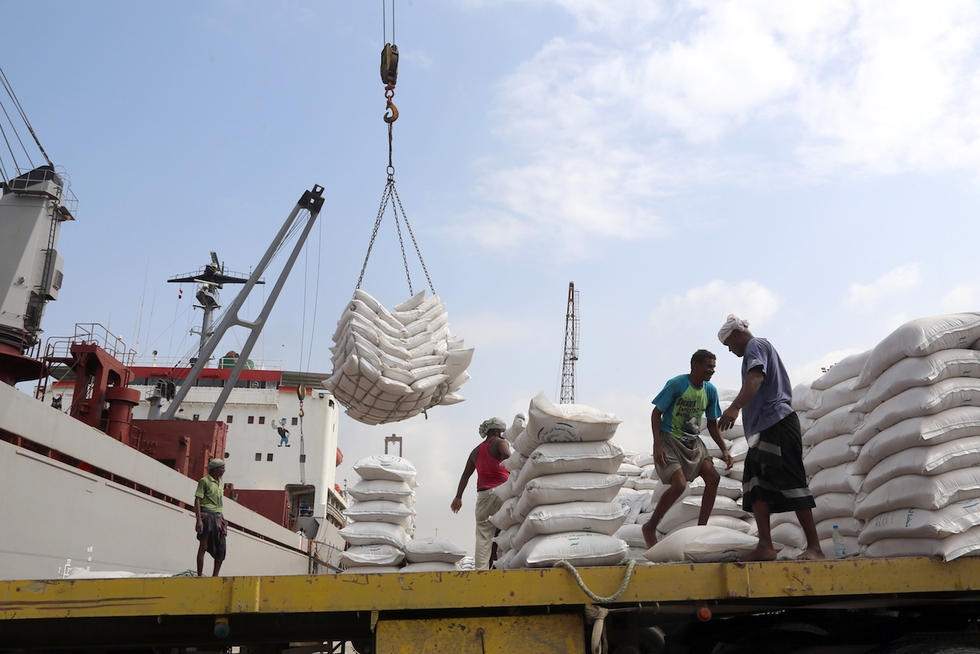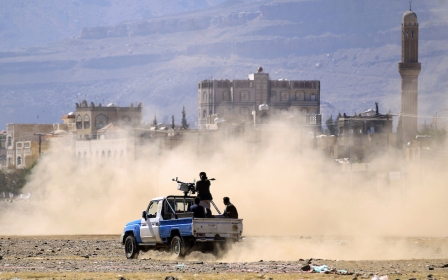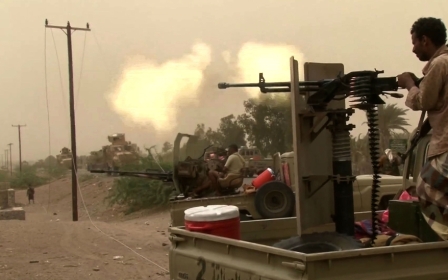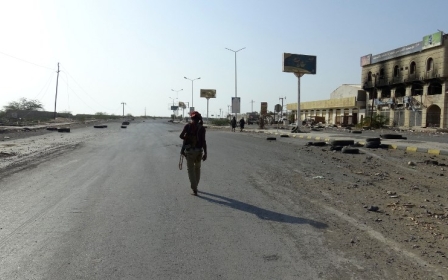UN votes to send observers to Yemen's Hodeidah

The United Nations Security Council (UNSC) has unanimously approved the advance deployment of a UN team to monitor a ceasefire in Hodeidah, days after peace talks in Sweden resulted in a truce between the warring parties in the Yemeni port city.
In a resolution that endorses the ceasefire, the 15-member UNSC on Friday authorised the deployment of the advance UN monitoring team for an initial 30 days.
That team, led by retired Dutch General Patrick Cammaert, is due to arrive in Yemen shortly, said a UN spokesman, adding that the personnel will not be uniformed or armed, Reuters reported.
Yemen's Houthi rebels and the country's Saudi-backed government, headed by ousted President Abd Rabbuh Mansour Hadi, agreed to the truce, which began on Tuesday.
The resolution "calls on the Government of Yemen and the Houthis to remove bureaucratic impediments to flows of commercial and humanitarian supplies, including fuel, and on the parties to ensure effective and sustained functioning of all of Yemen's ports," Reuters reported.
The UN team will be deployed to help monitor and support the accord in Hodeidah.
After that, UN Secretary-General Antonio Guterres is expected to submit proposals on more substantive monitoring operations for the ceasefire; a mutual redeployment of forces; support for the management of and inspections at the ports of Hodeidah, Salif and Ras Issa, and strengthening of the UN presence in the wider Hodeidah region.
Guterres must also submit weekly reports to the UNSC on the implementation of the resolution.
Wrangling over resolution
The resolution passed after initial wrangling between the UNSC member states.
The United States, unhappy with an original British-drafted version, presented its own text on Thursday, an unusual move as countries usually propose amendments to a draft rather than an entirely new text.
The US text, which was seen by Reuters news agency, mirrored the British language focused on the ceasefire deal and authorising UN support, but Washington had stripped out language on the humanitarian crisis. The British-draft version, with amendments, was eventually passed on Friday.
Tens of thousands of people have been killed in the war in Yemen, which began after the Houthis took over the capital, Sanaa, and ousted Hadi's government. A coalition led by Saudi Arabia and including the United Arab Emirates has since launched a wide-scale military operation to root out the rebels.
Millions of Yemenis are on the brink of famine as a result of the ongoing conflict, and the country has been plunged into a dire humanitarian crisis.
More than 80 percent of Yemen's imports used to come through Hodeidah port, but that has slowed to a trickle.
Hodeidah has largely remained calm since the ceasefire went into effect on Tuesday, but the warring sides have traded accusations of breaching the truce.
"First time skies have been quiet over Hodeidah for many, many months. So far, so good," UN peace envoy Martin Griffiths, who brokered the ceasefire in Sweden, said shortly after it came into effect.
New MEE newsletter: Jerusalem Dispatch
Sign up to get the latest insights and analysis on Israel-Palestine, alongside Turkey Unpacked and other MEE newsletters
Middle East Eye delivers independent and unrivalled coverage and analysis of the Middle East, North Africa and beyond. To learn more about republishing this content and the associated fees, please fill out this form. More about MEE can be found here.




